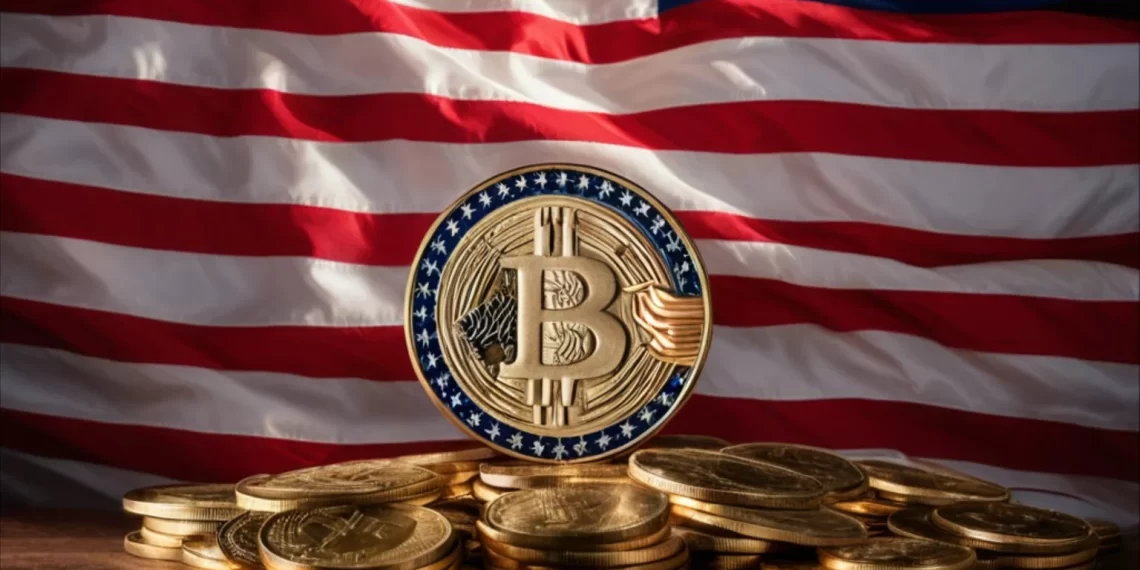thecreatorsbay.com@mailhub.funHayden Adams, the founder of Uniswap, has revealed a noteworthy feature of the cryptocurrency market that might affect the next US presidential election.
Adams emphasized the increasing adult embrace of digital currencies and their potential impact on the political landscape. Additionally, he highlighted the notion that widespread ownership of digital assets might sway election outcomes. By underscoring the significant number of people currently holding these assets, Adams hinted at their potential electoral influence.
Founder’s Audacious Claim About Cryptos’ Growing Effect
Adams’ comments highlighted a significant change in the financial scene brought about by cryptocurrencies’ increasing sway. Traditional financial institutions need help adjusting to this changing paradigm as investors and consumers continue favouring digital assets. The significance of this movement cannot be emphasized, as about 40% of American adults currently own digital currency in some form.
Imagine risking losing control of the most powerful nation in human history To let a rogue regulator try to outlaw “internet money,” which 40% of the adults in your country already owns And the regulator is going to lose in court anyway We’re in the dumbest timeline
@mcuban
If @joebiden loses, there is a good chance you will be able to thank @GaryGensler and the @NewYork_SEC Crypto is a mainstay with younger and independent voters. Gensler HAS NOT PROTECTED A SINGLE INVESTOR AGAINST FRAUD All he has done is make it nearly impossible for…
Adams expresses confidence in Bitcoin’s endurance, despite legislative hurdles and skepticism from traditional financial institutions. He believes regulatory attempts will prove futile, highlighting the market’s inherent resilience. As cryptocurrencies gain prominence in financial discourse, Adams prompts reflection on their broader societal, governmental, and economic impacts.
Mark Cuban’s View on the Difficulties of Regulation
Mark Cuban, echoing Adams’ sentiments, expressed concerns regarding cryptocurrency regulations, especially with the upcoming US presidential election. He emphasized the intricate relationship between political outcomes, regulatory decisions, and their impact on voter sentiment. Specifically, Cuban scrutinized the actions of regulatory bodies like the New York SEC under Gary Gensler’s guidance. He highlighted worries about regulatory hurdles hindering legitimate crypto startups and the lack of investor protections against fraud. Cuban criticized legislative measures that stifle innovation and entrepreneurship in the crypto sector. His remarks underscore the critical importance of clear regulations in fostering a conducive environment for technological progress and economic growth. He stressed the need for legislators to strike a delicate balance between fostering innovation and safeguarding investor interests, urging Congress to consider tailored regulations for the cryptocurrency industry.

























